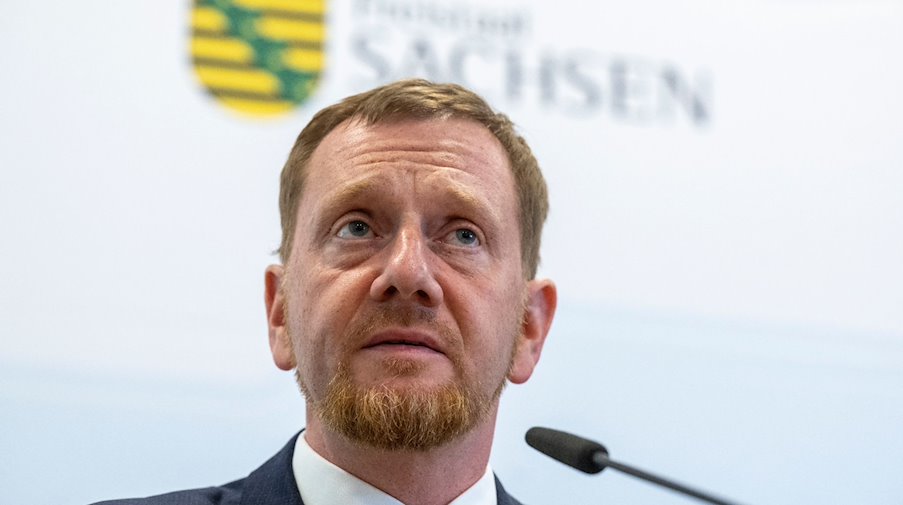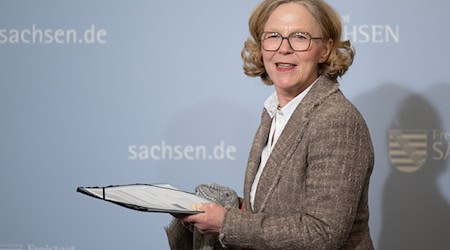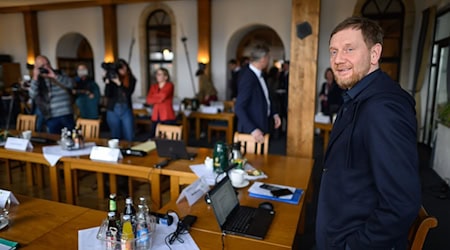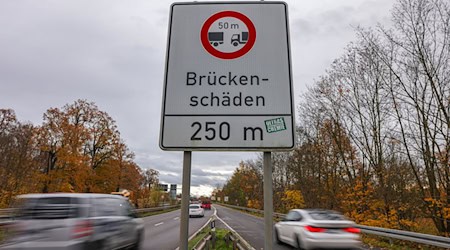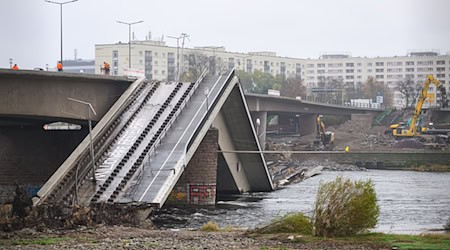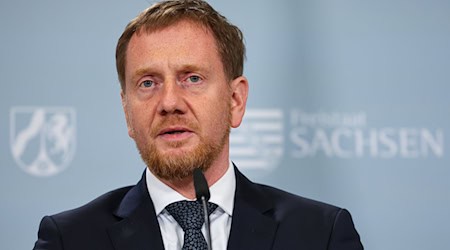Saxon Prime Minister Michael Kretschmer believes that the Deutschlandticket must be financially secured in the coming years. "We feel that this 49-euro ticket is very well received and especially by people in metropolitan areas," said the CDU politician following an out-of-town cabinet meeting in the silver mine of the Rich Colliery in Freiberg (district of Central Saxony).
Now it needs the next step, a higher frequency and more bus and rail vehicles in rural areas. In reality, however, the municipal associations in the field of local public transport are underfunded. Kretschmer said this underfunding will continue to grow in the coming years. He wants to talk about this soon in Berlin with Federal Finance Minister Christian Lindner (FDP). "We will make it clear to him that this will not go like this," Kretschmer said.
Since May 1, the Deutschlandticket can be used for 49 euros a month - as a digitally bookable, monthly cancelable subscription throughout Germany. The associated losses of the industry are borne by the federal government and the states, half each. The federal government will contribute 1.5 billion euros each from 2023 to 2025. The states will contribute just as much.
Possible additional costs beyond the three billion euros are also to be divided in half in the first year. But this "additional funding obligation" is open from 2024 onwards - that's what the dispute between the federal government and the states is about. Federal Transport Minister Volker Wissing (FDP) rejects a higher cost-sharing by the federal government.
Copyright 2023, dpa (www.dpa.de). All rights reserved

